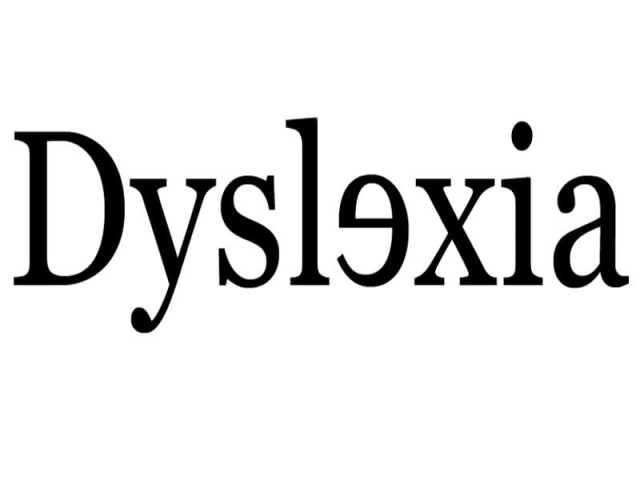Dealing with dyslexia
The problem is that outside a few elite schools, the problems that can occur are little known, poorly understood.
At a few of the most affluent private schools across the country, teachers are being taught to deal with learning disorders like dyslexia — a complex condition that makes it hard for children to recognise or write letters, but in no way reflects on their basic intelligence. Other children suffer attention deficiency disorders of various kinds or other difficulties which affect the way they learn. The problem, of course, is that outside the walls of these few elite schools, the problems that can occur are little known about and extremely poorly understood. The vast majority of teachers — and parents — have never heard of these conditions or the impact they can have on learning and performance at schools, which is almost inevitably based on the ability to follow conventional teaching methods. The result is that children who stray even slightly outside this norm are defined as ‘stupid’ or ‘backward’, a label that could influence them for life and prevent them from reaching the potential that should be theirs. Of course, many people who are dyslexic have gone on to achieve much. The issue is that of a lack of awareness and also very limited diagnostic facilities.
As a result, in both government and primary schools everywhere, there must be tens of thousands of children who suffer. Until a few decades ago, the situation had been similar in many developed countries. This has now begun to change and expert teaching, in integrated classrooms, has helped such children move ahead. We can achieve the same; there are some societies and groups that deal with learning difficulties of all kinds. They need support from the government to develop a greater understanding about children whose minds may work a little differently, so that in schools everywhere they can be picked out, accepted as not being ‘dumb’ and provided the kind of help they need rather than being relegated on a permanent basis to the very last rows of the classroom, deprived of attention because they are deemed unable to learn.
Published in The Express Tribune, February 7th, 2012.















COMMENTS
Comments are moderated and generally will be posted if they are on-topic and not abusive.
For more information, please see our Comments FAQ